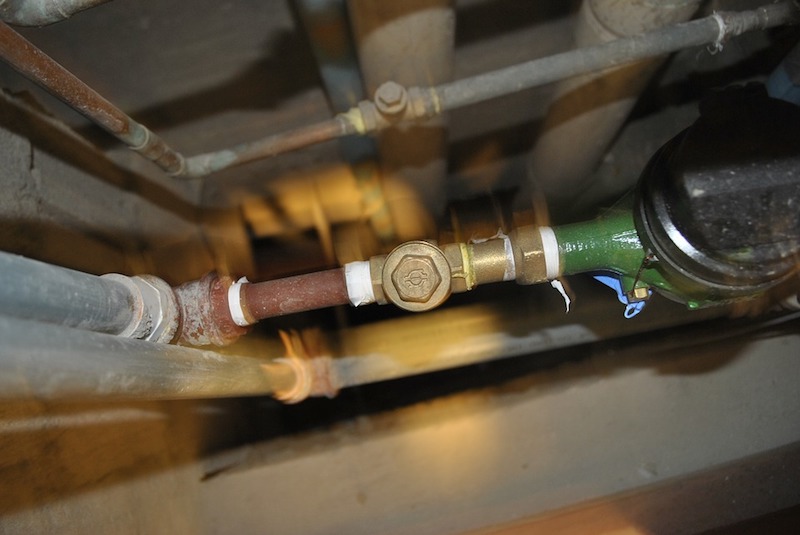After months of negotiation between residential builders and the plumbers union, Philadelphia is poised to allow the use of plastic pipes in high-rise residential construction.
A memorandum of understanding hammered out by the Plumbing Advisory Board will be incorporated into the new building code next year. The City of Brotherly Love is one of only six major U.S. cities that still require the use of metal pipes in such projects.
One construction industry professional estimates that the cost reduction from making the switch from metal to plastic would be about 20%. Plastic infrastructure is now the norm for builders installing pipes for waste disposal, fresh water, and stormwater drainage in most places.
The existing code encourages construction of single-family homes, which don’t require metal piping, or expensive luxury towers that can offset higher construction costs with higher prices. Construction industry representatives expect more high-rise and mid-rise residential projects to go forward due to the code change.
Related Stories
Codes and Standards | Sep 22, 2021
Group proposes Carbon Use Intensity metric for new buildings
Plan would track embedded carbon on projects.
Codes and Standards | Sep 22, 2021
Illinois’s sweeping climate bill includes statewide stretch code, building electrification measures
Aims for zero-emissions power sector by 2045.
Codes and Standards | Sep 22, 2021
Cities need to step up flood mitigation efforts to save lives
Recent storms highlight climate change dangers.
Codes and Standards | Sep 21, 2021
Steps to improve ventilation for Covid can combat colds and flu
New look at airborne disease spread shows time viruses linger in air may have been underestimated.
Codes and Standards | Sep 15, 2021
USGBC will change leaders, conduct strategic review
Aims to ensure organization is ‘well positioned to scale its work in the post-pandemic world’.
Codes and Standards | Sep 15, 2021
LEED-certified offices earn higher rents than non-sustainable properties
Are also more resilient to dips in real estate market.
Codes and Standards | Sep 7, 2021
Boston turns to developer fees to fund flood protection infrastructure
Assessments on commercial properties will help build seawall and other protective measures.
Codes and Standards | Sep 3, 2021
Low-cost methods can have substantial impact on reducing embodied carbon
Whole-building design, material substitution, and specification strategies can slash carbon by up to 46%.
Codes and Standards | Sep 2, 2021
Case for power resiliency in buildings grows with more disaster and outages
Essential businesses like data centers, hospitals are first adopters of new storage systems.
Codes and Standards | Aug 31, 2021
UK industry group wants mandatory whole-life carbon assessments of buildings
Aims to address hidden emissions embedded in supply chains.

















